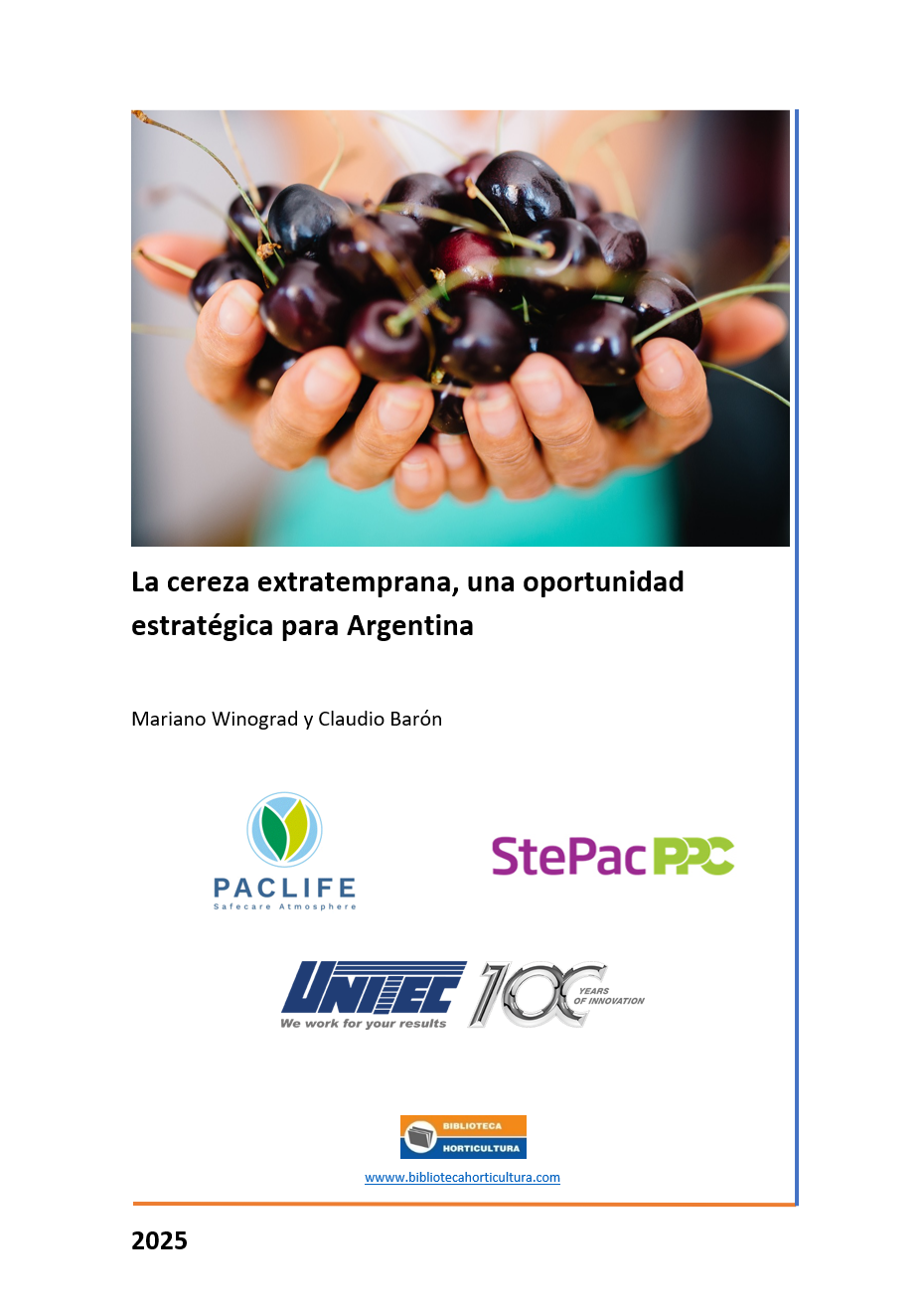Optimal distribution of fresh horticultural products entails prolonging their freshness and nutritional quality as long as possible after harvest. A major limitation to their marketing is decay after harvest, which is caused primarily by fungal pathogens.
Postharvest Pathology of Fresh Horticultural Produce provides a comprehensive resource of information about the biology and control of postharvest diseases of many fresh horticultural products, citing sources from appropriate literature of any age, rather than only the most recent.
The etiology and symptoms of postharvest diseases and the biology of postharvest pathogens are reviewed by leading experts, who are familiar with many of world’s most popular fresh fruits and vegetables and the diseases that affect them.
Key aspects related to infection and epidemiology, methods to minimize postharvest decay losses, including use of conventional fungicides and alternative management strategies, harvest and handling practices, and other aspects are described for the most significant temperate, subtropical, and tropical fruits as well as fruit-like vegetables and leafy vegetables.
This book is a valuable and comprehensive resource for industry professionals, academics, educators, students, consultants, pest control advisors, regulatory personnel, and others interested in this subject.
Part Section I | 2 pages – Postharvest Diseases of Fresh Horticultural Produce
Chapter 1 | 52 pages
Citrus Fruits – Joseph L. Smilanick, Arno Erasmus, Lluís Palou
Chapter 2 | 56 pages
Pome Fruits – Davide Spadaro, Rosario Torres, Deena Errampalli, Kerry Everett, Lucia Ramos, Marta Mari
Chapter 3 | 30 pages
Stone Fruits – Marta Mari, Davide Spadaro, Carla Casals, Marina Collina, Antonieta De Cal, Josep Usall
Chapter 4 | 46 pages
Table Grape, Kiwifruit, and Strawberry – Gianfranco Romanazzi, Philip A.G. Elmer, Erica Feliziani
Chapter 5 | 40 pages
Pomegranate, Persimmon, and Loquat – Lluís Palou, Pervin Kinay-Teksür, Shifeng Cao, George Karaoglanidis, Antonio Vicent
Chapter 6 | 30 pages
Avocado – Silvia Bautista-Baños, Rosa Isela Ventura-Aguilar, Margarita de Lorena Ramos-García
Chapter 7 | 20 pages
Papaya – Subbaraman Sriram, Darisi Venkata Sudhakar Rao
Chapter 8 | 26 pages
Banana and Plantain – Dionisio G. Alvindia
Chapter 9 | 36 pages
Solanaceae and Cucurbitaceae Crops – Nikos Tzortzakis, Noam Alkan, Carmit Ziv, Lise Korsten
Chapter 10 | 34 pages
Leafy Vegetables – John Golding, Len Tesoriero, Rosalie Daniel
Part Section II|2 pages – General Aspects of Infection Causing Postharvest Disease
Chapter 11 | 32 pages
Molecular Insights into the Pathogenicity of Necrotrophic Fungi Causing Postharvest Diseases – Luis González-Candelas, Ana-Rosa Ballester
Chapter 12 | 30 pages
Mechanisms of Fungal Quiescence during Development and Ripening of Fruits – Dov Prusky, Carmit Ziv
Chapter 13 | 24 pages
Detection and Control of Postharvest Toxigenic Fungi and Their Related Mycotoxins – Simona Marianna Sanzani, Antonio Ippolito
Part Section III|2 pages – Novel Technologies to Control Postharvest Decay of Fruits and Vegetables
Chapter 14 | 36 pages
Biocontrol of Postharvest Diseases with Antagonistic Microorganisms – Samir Droby, Michael Wisniewski, Neus Teixidó, Davide Spadaro, M. Haïssam Jijakli
Chapter 15 | 22 pages
Toward Probiotic Postharvest Biocontrol Antagonists; Appraisal of Obstacles – Anjani M. Karunaratne, Buddhie S. Nanayakkara
Chapter 16 | 18 pages
Control of Postharvest Decay of Fresh Produce by Heat Treatments; the Risks and the Benefits – Elazar Fallik, Zoran Ilic’
Chapter 17 | 56 pages
UV-C Hormesis; A Means of Controlling Diseases and Delaying Senescence in Fresh Fruits and Vegetables during Storage – arturo Duarte-Sierra, Marie Thérèse Charles, Joseph Arul
Chapter 18 | 38 pages
Reducing or Replacing Conventional Postharvest Fungicides with Low Toxicity Acids and Salts – Salvatore D’Aquino, Amedeo Palma
Chapter 19 | 26 pages
Extracts and Plant-Derived Compounds as Natural Postharvest Fungicides – Rosalba Troncoso-Rojas, Martín Ernesto Tiznado-Hernández, Tania Elisa González-Soto, Alberto González-León
Chapter 20 | 18 pages
Use of Essential Oils to Improve Postharvest Quality and Control Postharvest Decay of Tropical, Subtropical, and Temperate Fruits – Dharini Sivakumar, Gianfranco Romanazzi
Chapter 21 | 36 pages
Chitosan and Other Edible Coatings for Fresh Fruit Postharvest Disease Control – Evandro Leite de Souza, Lúcia Raquel Ramos Berger, Anna Marín, María B. Pérez-Gago, Lluís Palou
Chapter 22 | 44 pages
Aloe spp.; Gels to Reduce Fruit Disease and Maintain Quality Properties – Domingo Martínez-Romero, Fabián Guillén, Salvador Castillo, Pedro Javier Zapata, Juan Miguel Valverde, María Serrano, Daniel Valero
Chapter 23 | 36 pages
Antifungal Peptides and Proteins with Activity against Fungi Causing Postharvest Decay – Jose F. Marcos, Mónica Gandía, Sandra Garrigues, Paloma Manzanares, María Coca
Chapter 24 | 24 pages
Induced Resistance in Fruits and Vegetables by Elicitors to Control Postharvest Diseases – Bi Yang, Xue Huali, Wang Junjie



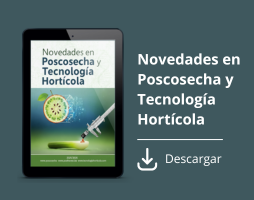
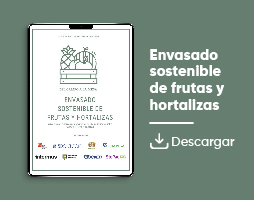
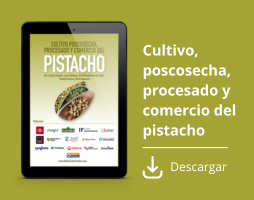
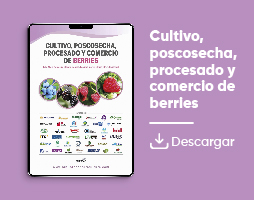
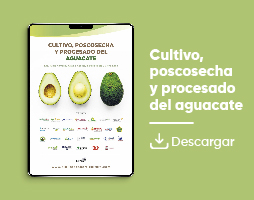
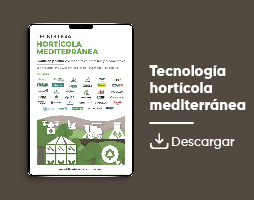
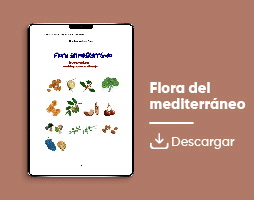
.gif)


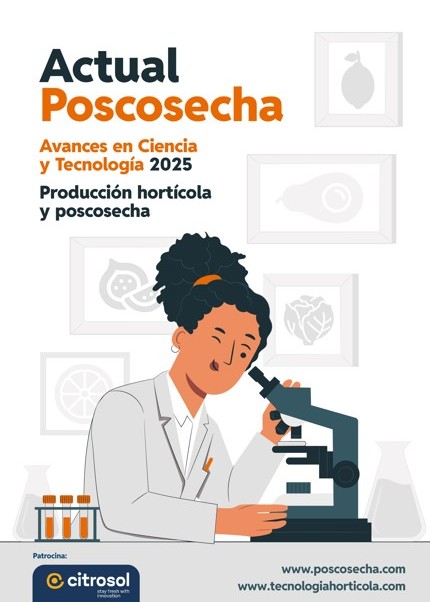

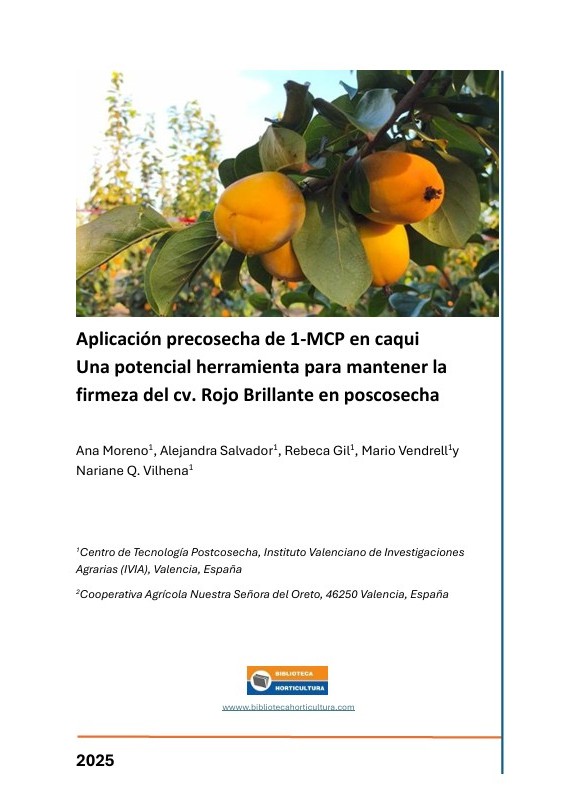
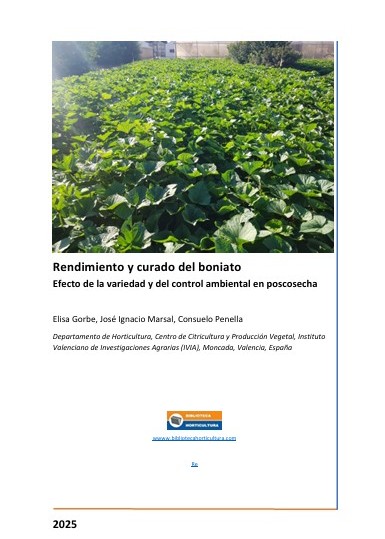
.jpg)
.jpg)
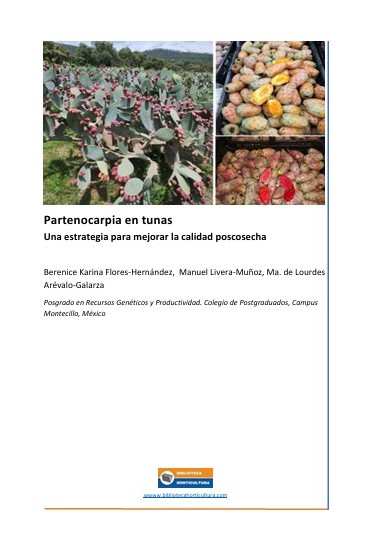
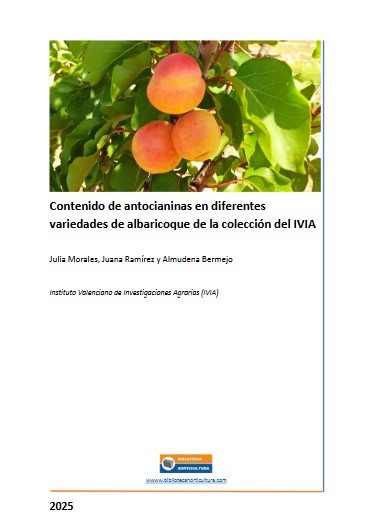
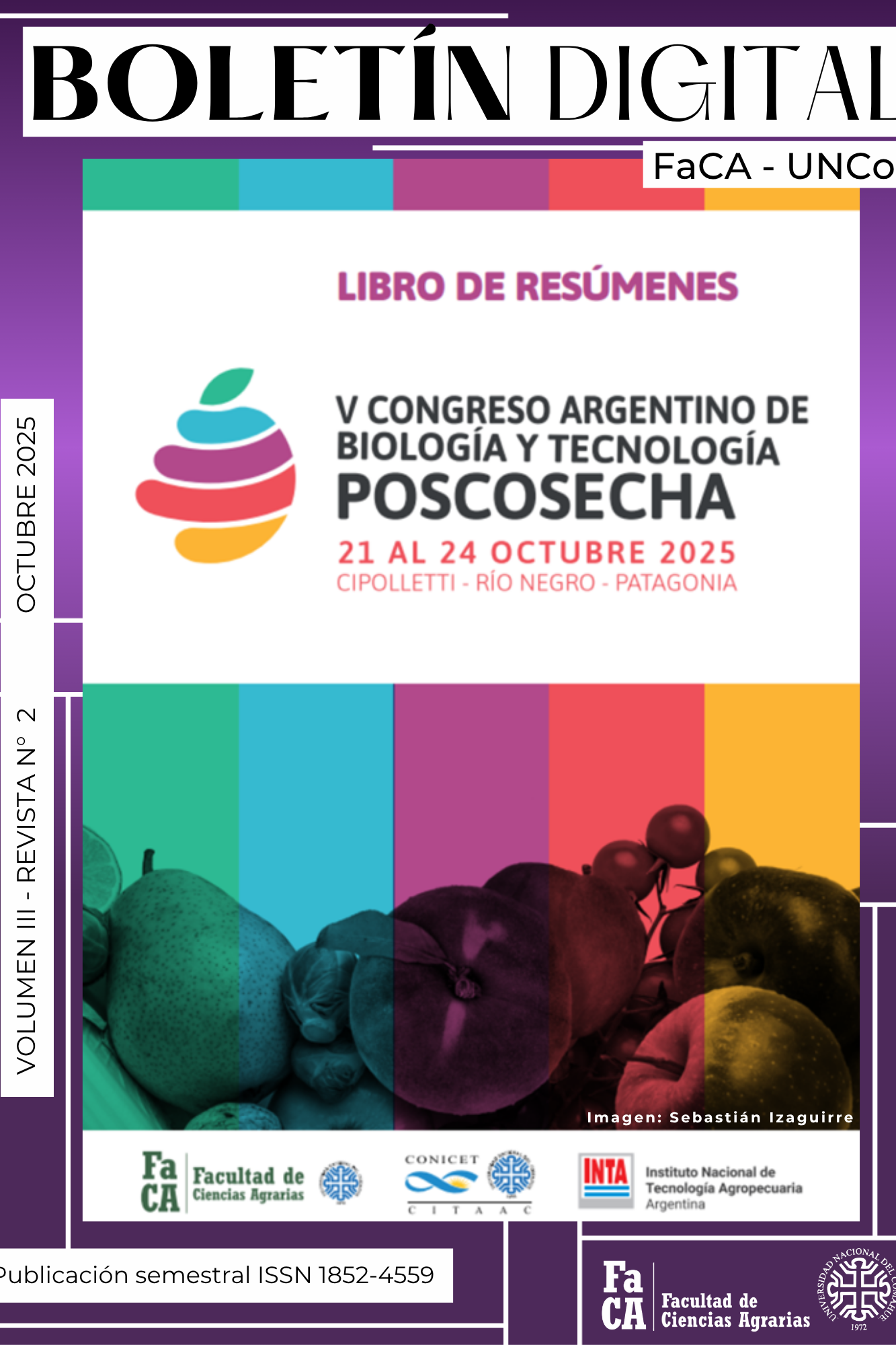
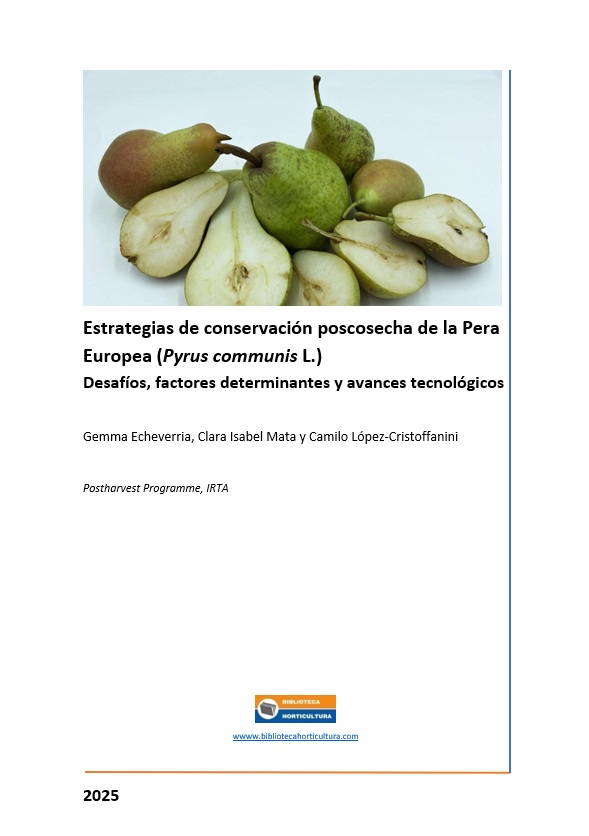
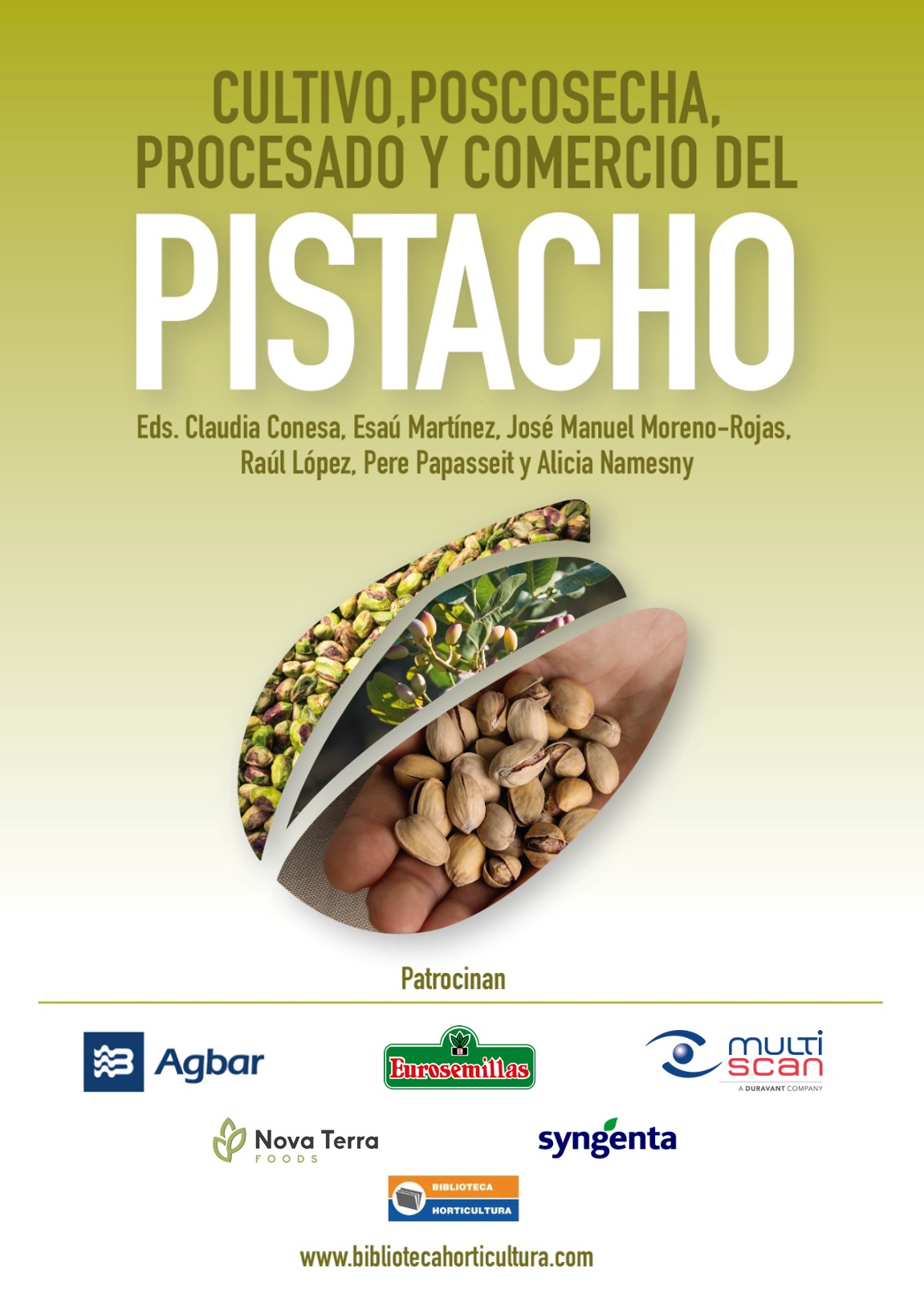
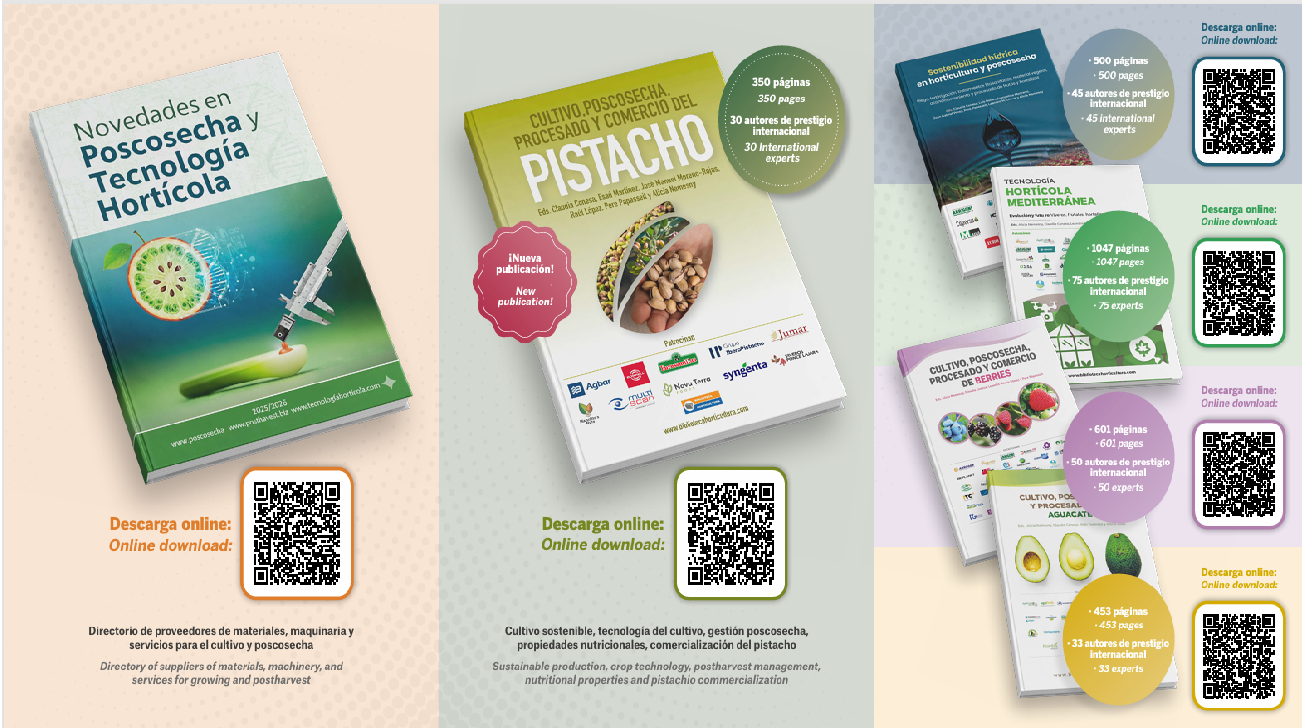
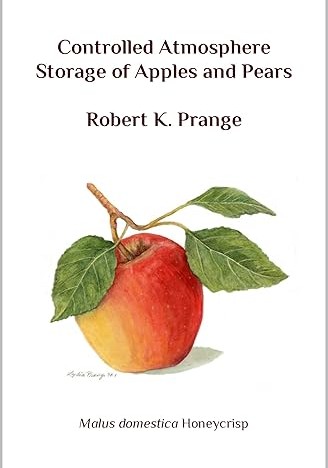
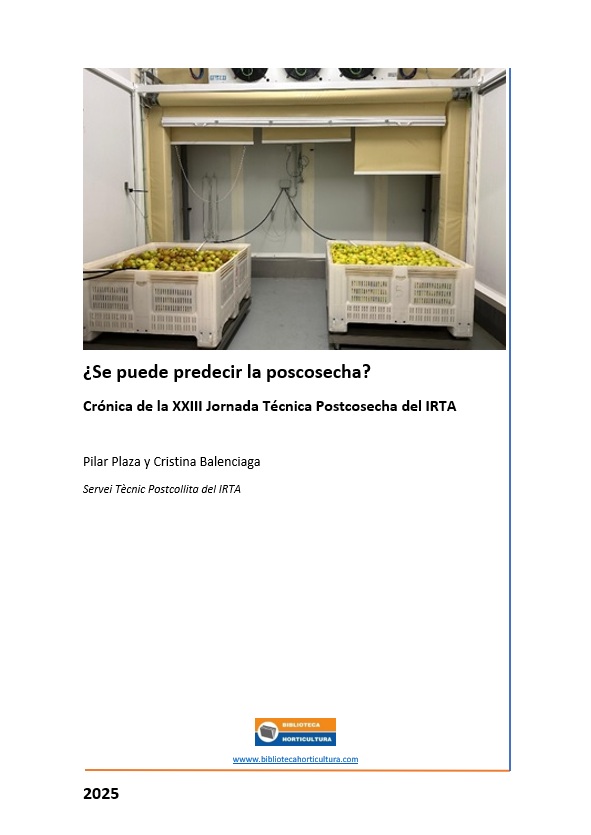
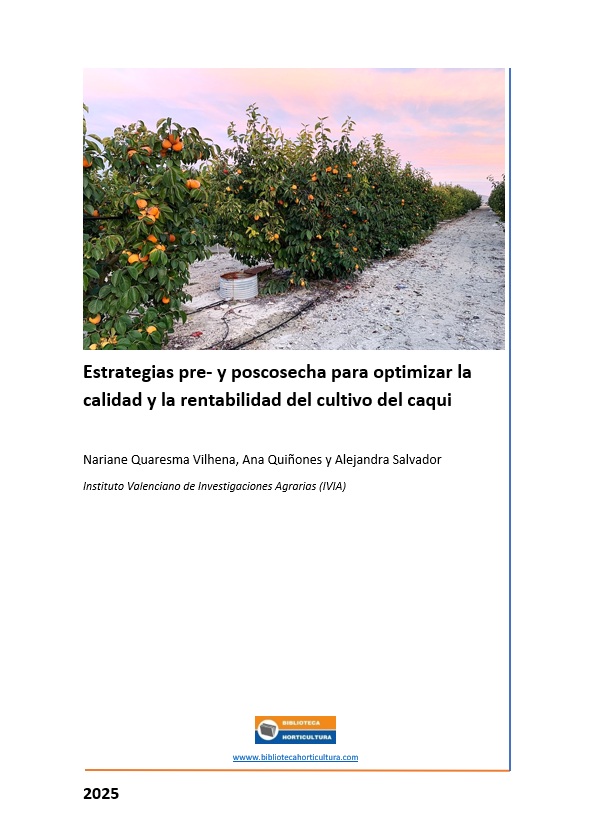
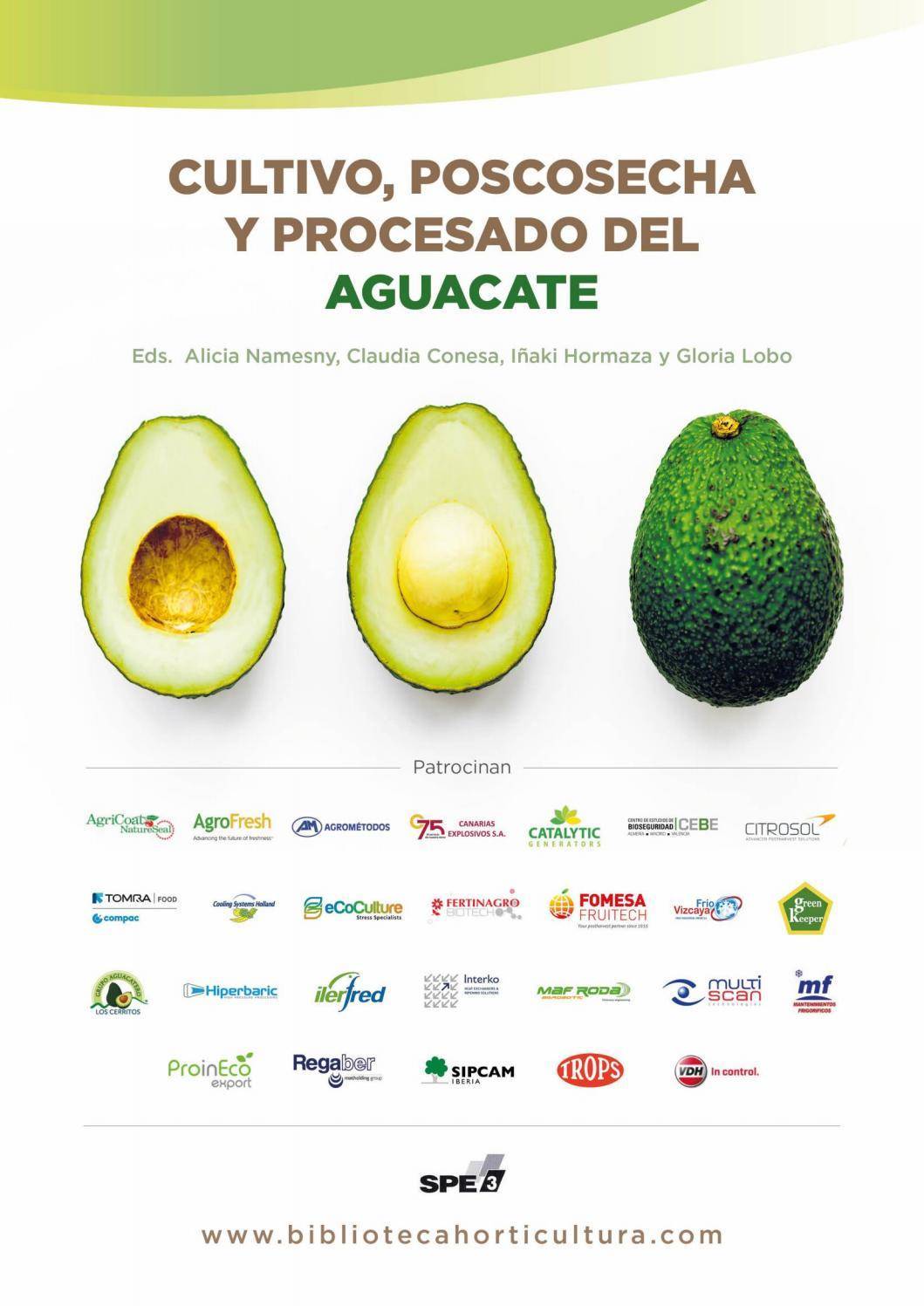
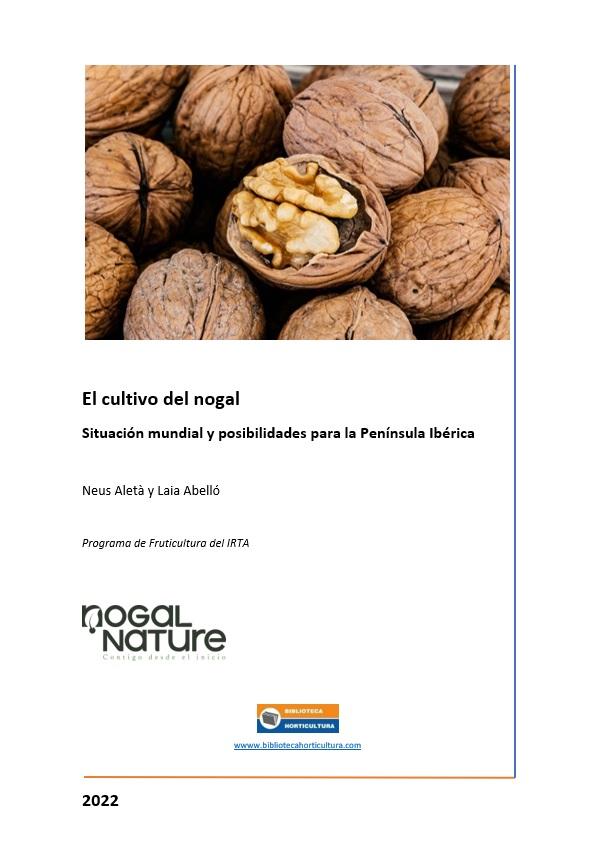
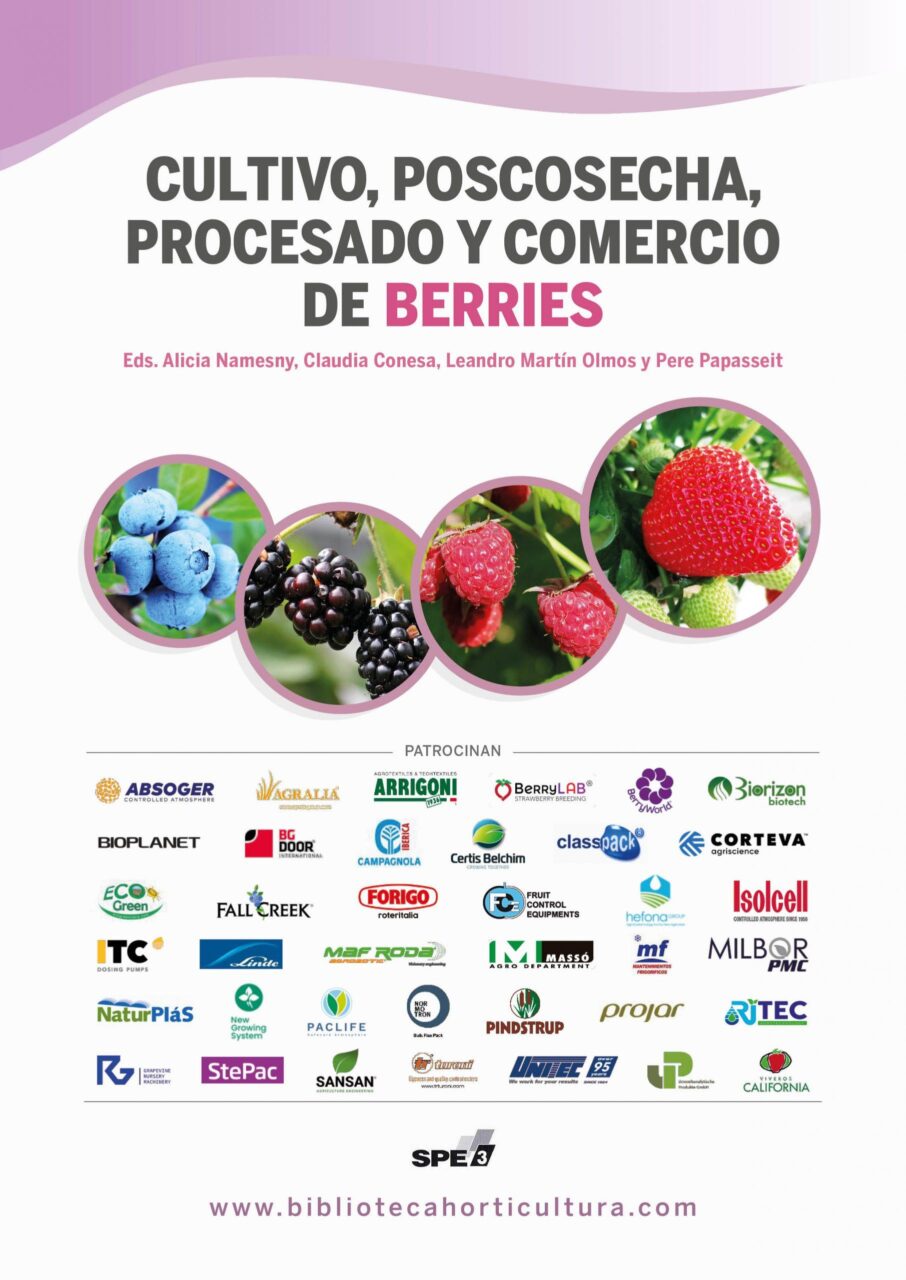
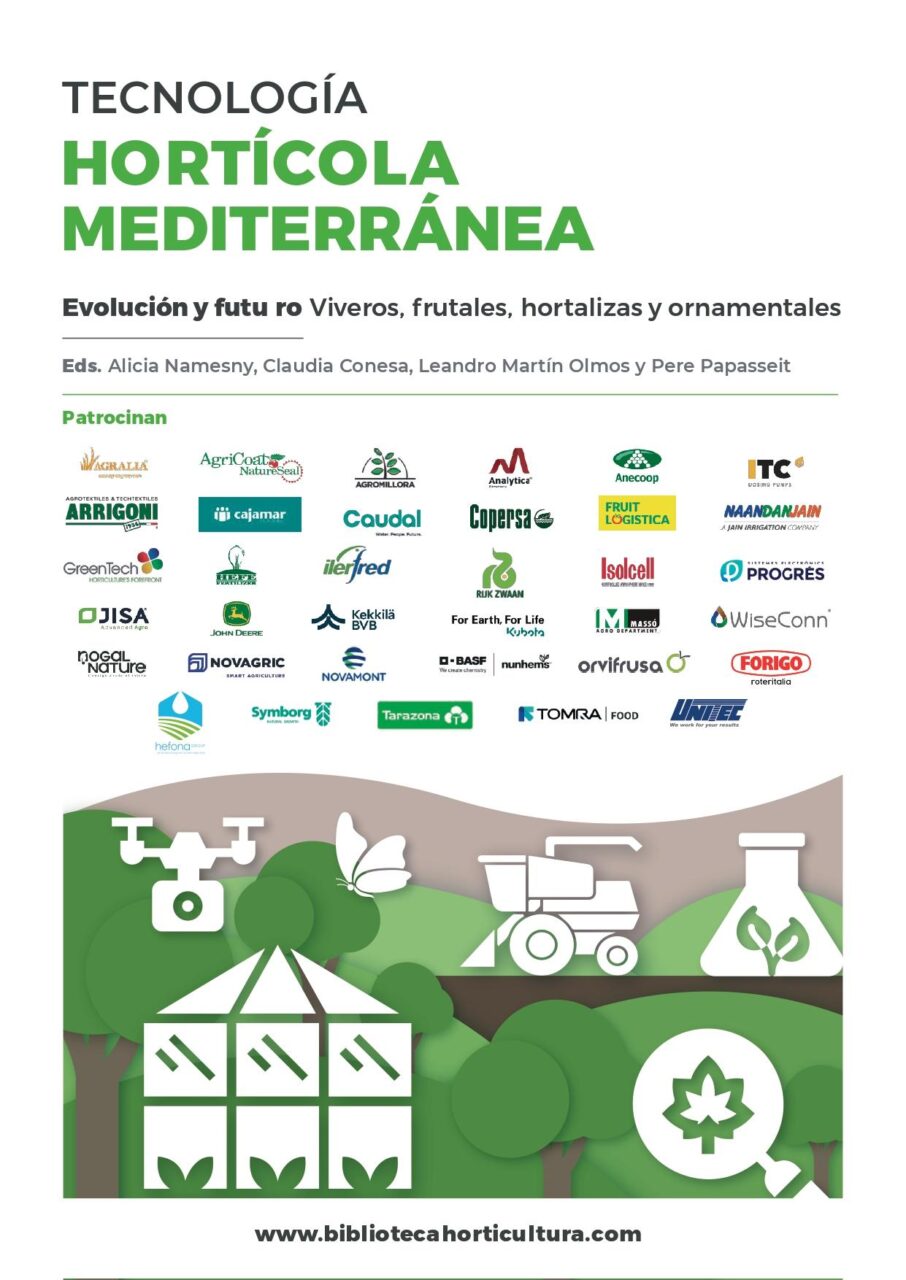
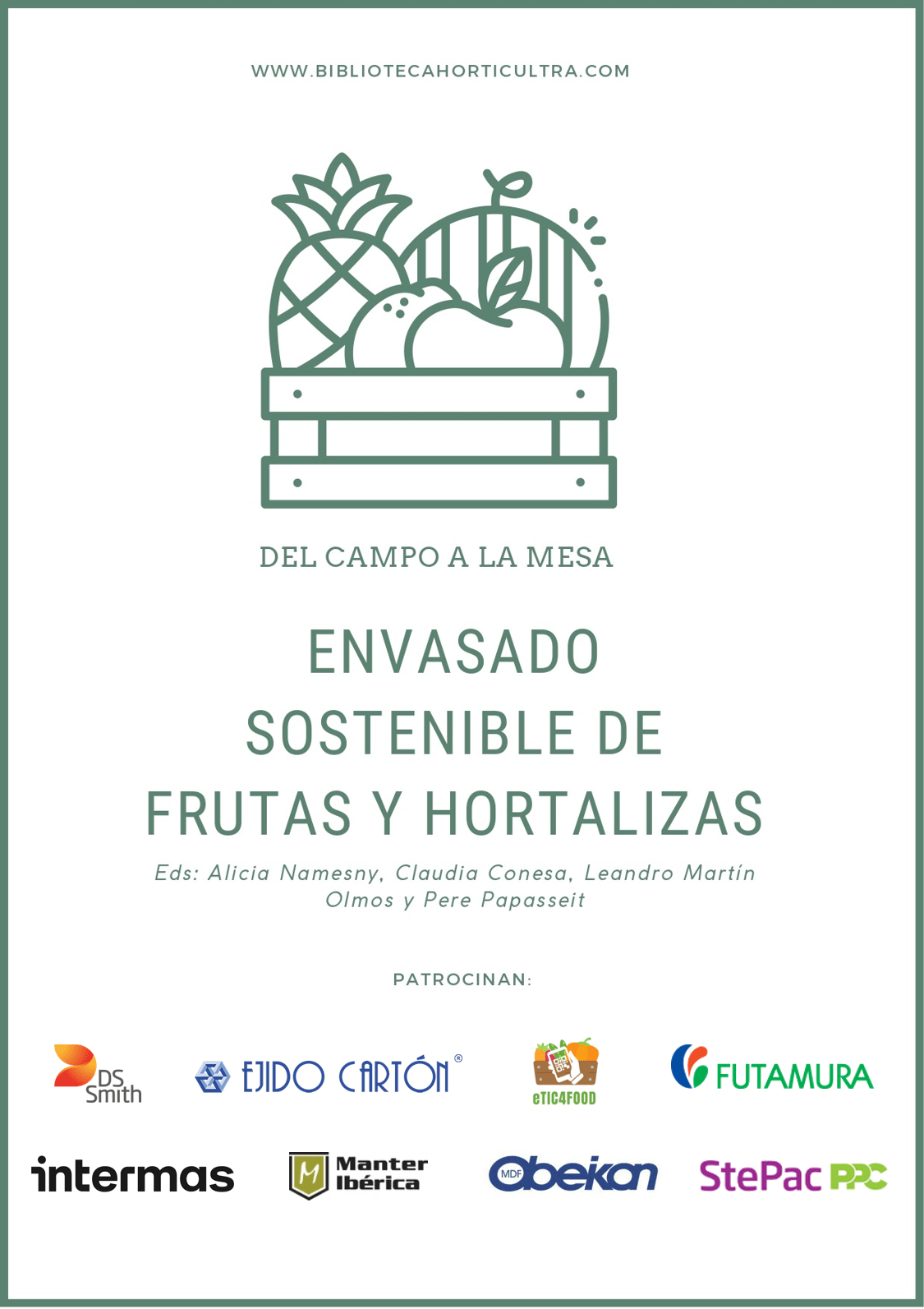
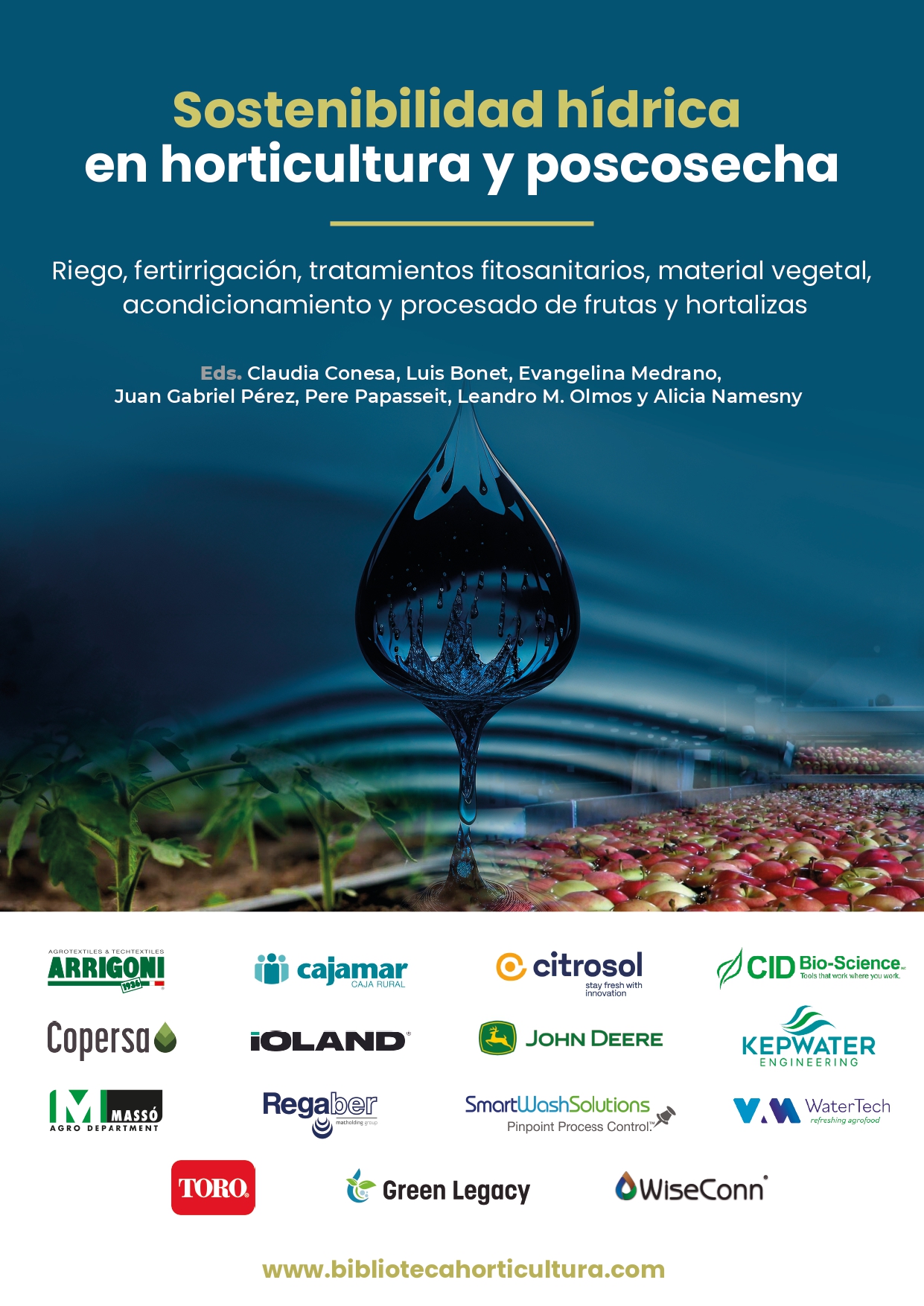
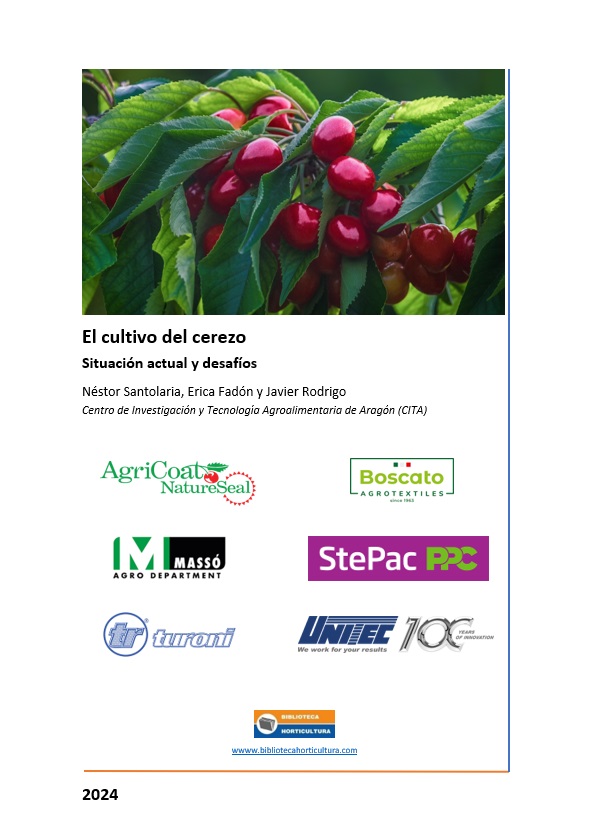
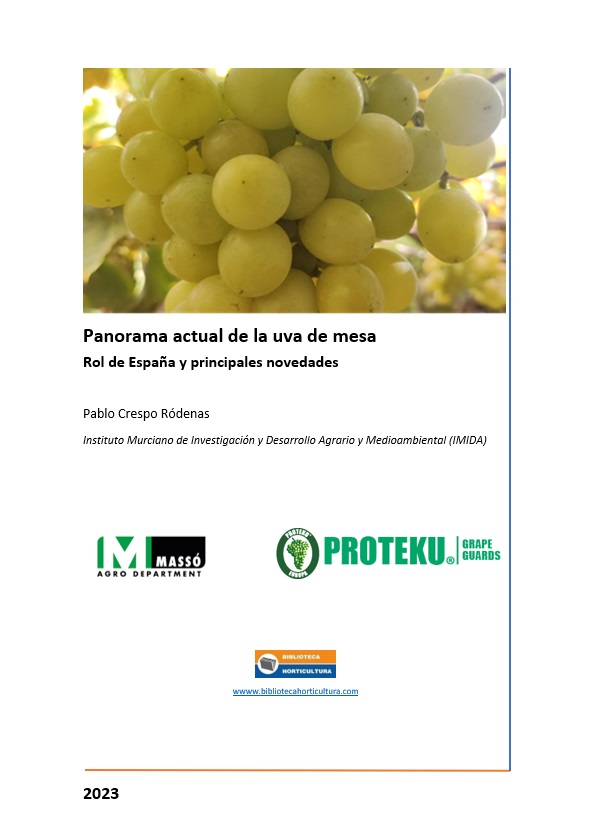
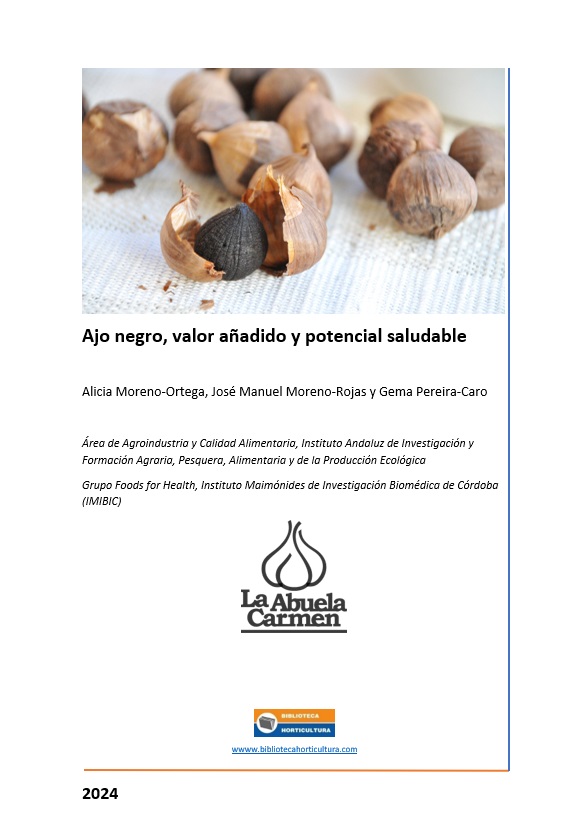
_page-0001.jpg)
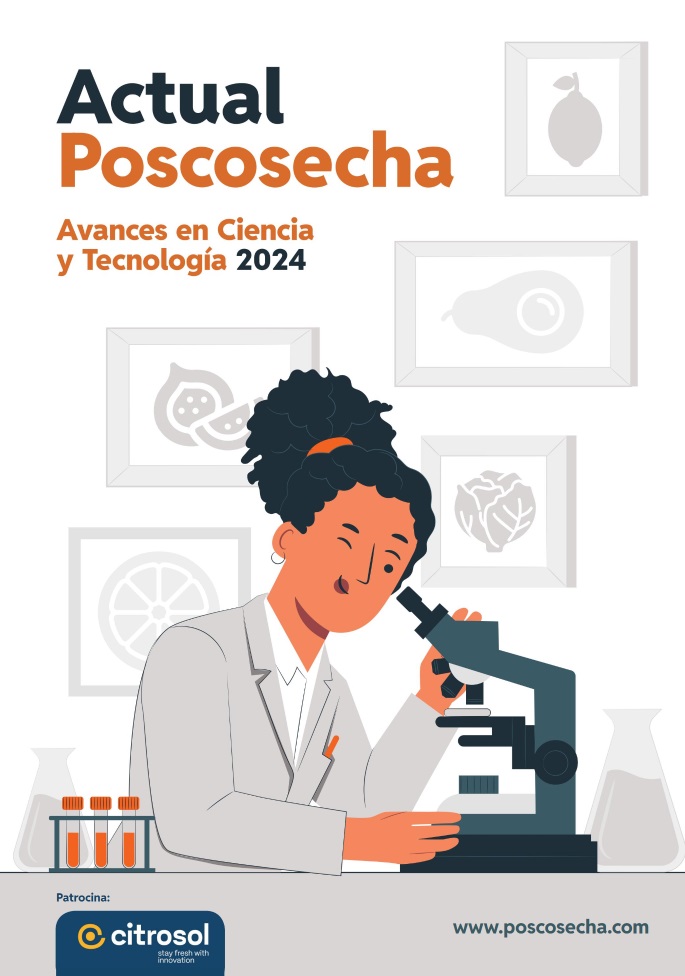
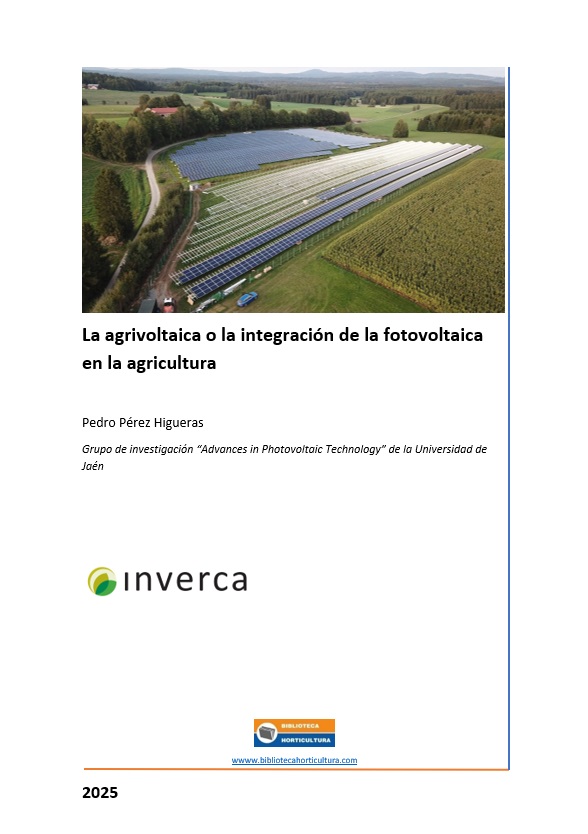
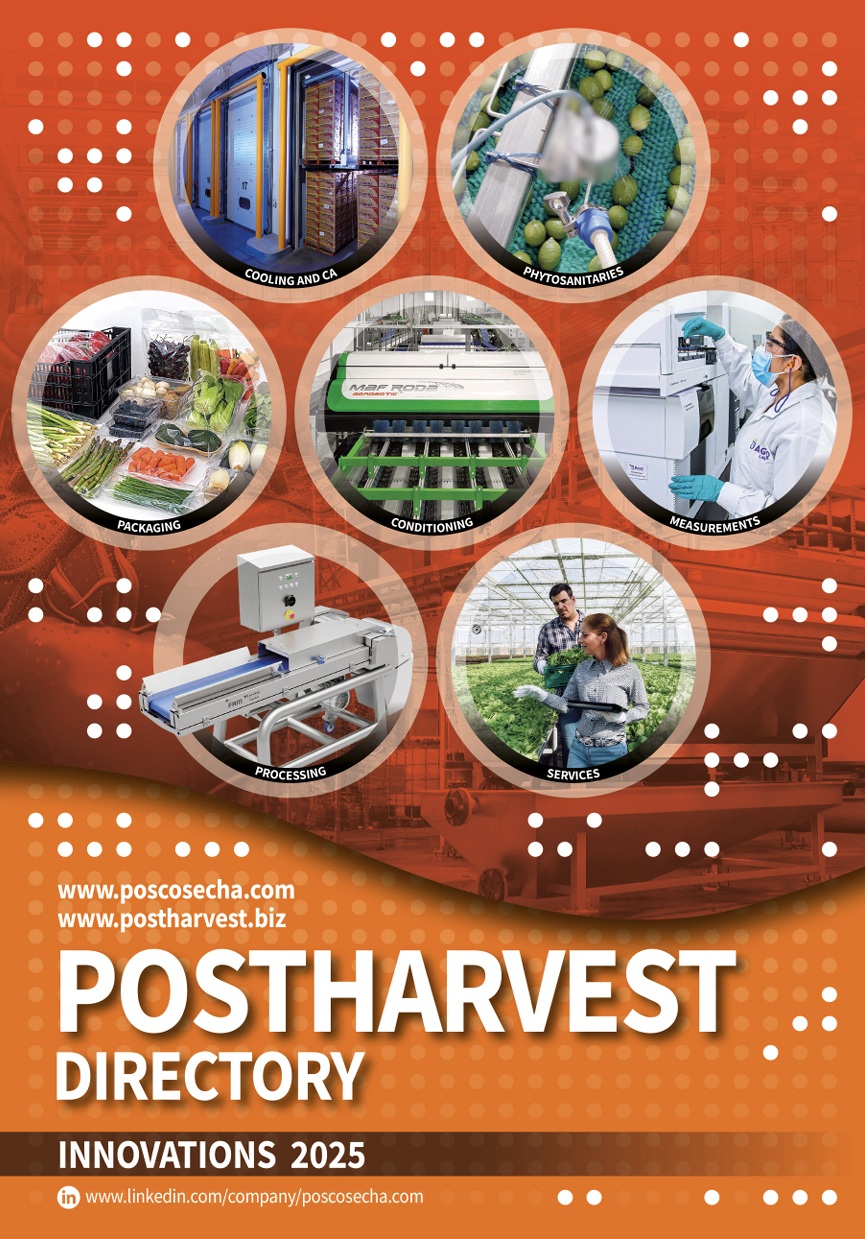
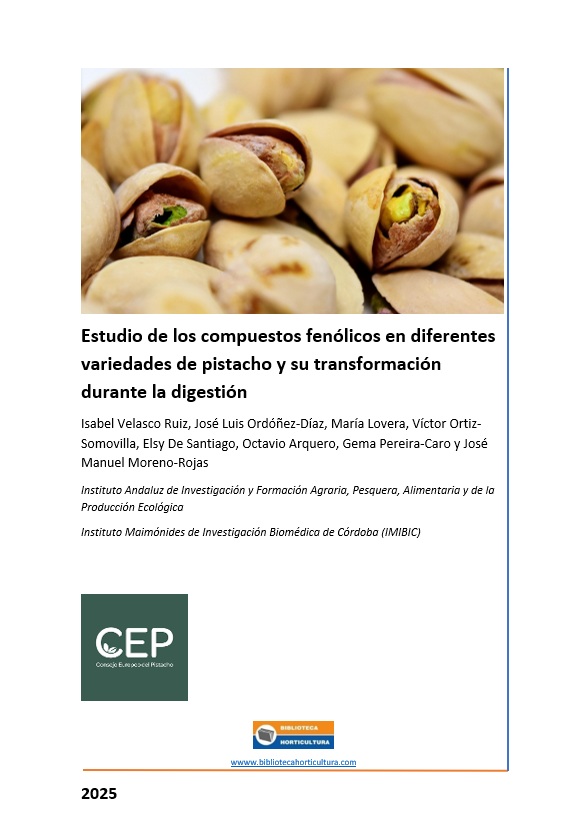
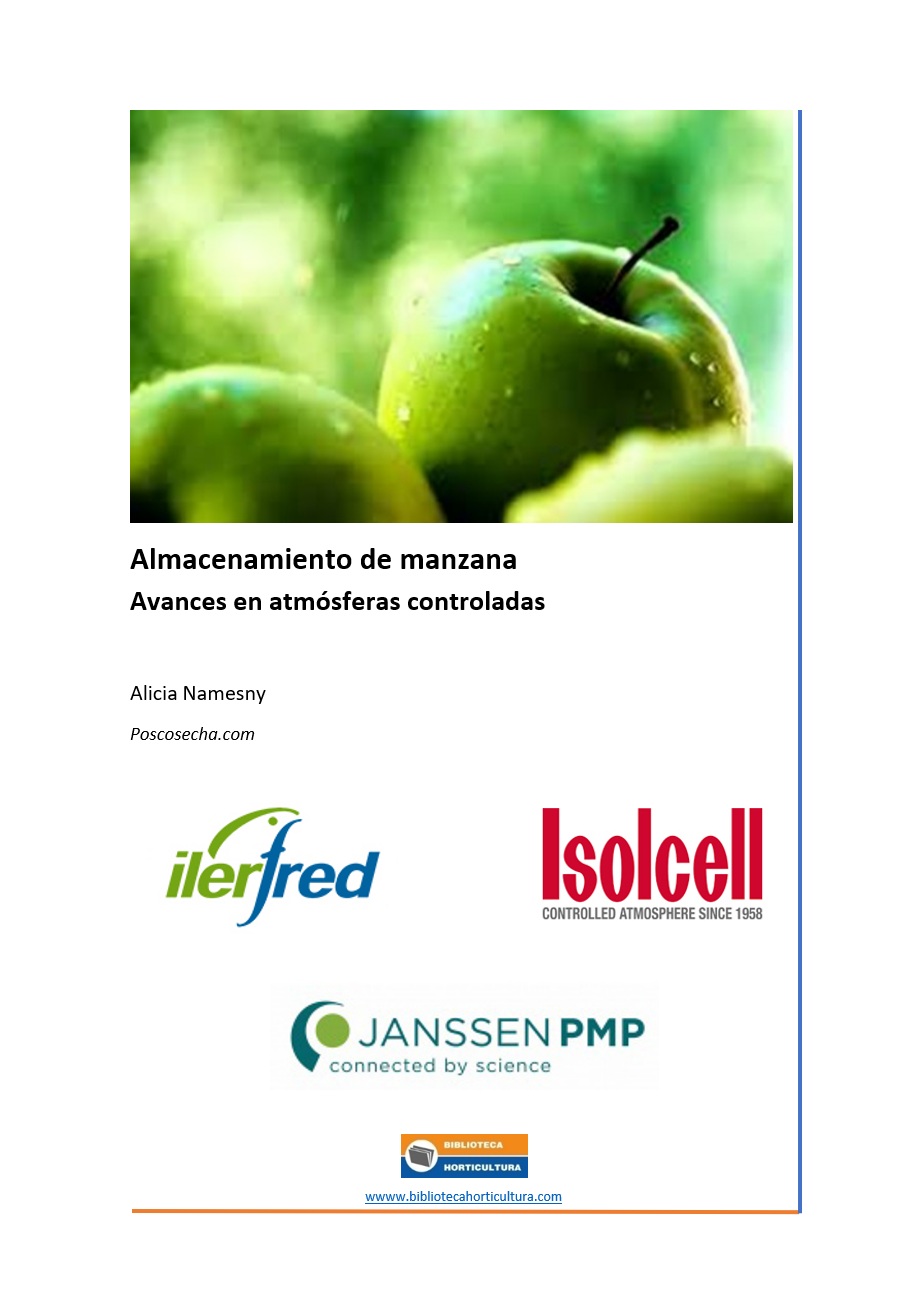
.jpg)
